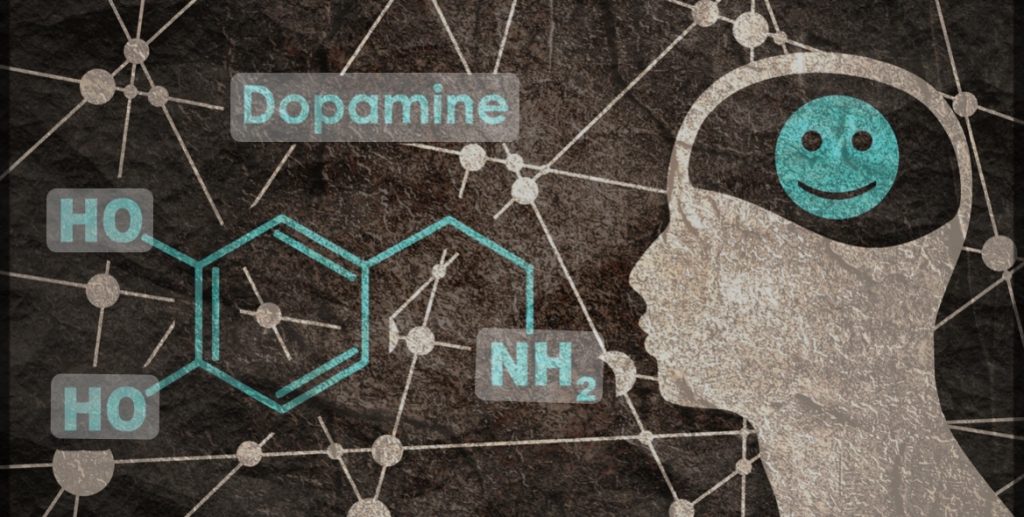
Written by Jennifer Cox LCPC
ADHD brains have low levels of a neurotransmitter called norepinephrine. Norepinephrine is linked with dopamine. Dopamine helps control the brain’s reward and pleasure center. Once you learn about the ADHD brain, this all makes sense since someone with ADHD talks about being bored quite often or lacking motivation.
For someone with ADHD, there are four functional regions of the brain that have impaired activity which dopamine can impact:
Frontal cortex:
- Attention
- Executive Function
- Organization
Limbic system:
- Regulates emotions
- Regulates attention
Basal ganglia:
- Inattention
- Impulsivity
Reticular Activating System (RAS):
- Inattention
- Impulsivity
- Hyperactivity
By increasing dopamine, you produce the “feel good” chemical and improve the functioning of these four regions of the brain. It also helps improve issues like stress, anxiety, depression, sleep, and many others. So, how do you raise your dopamine levels? Here are some ways:
*Healthy diet – Avoiding junk food since it can cause a small, but temporary surge of dopamine. This reinforces the body’s desire to consume unhealthy snacks due to the spike and crash of the body’s blood sugar levels, along with dopamine.
*Exercising on a regular basis – To maintain levels
*Get outside and get some sun
*Healthy sleep routine
*Make time for things you enjoy
*Listening to music
*Practice mindfulness, mediation, or yoga – To quiet the mind and provide some much needed relief from stress. Research states yoga does increase dopamine production and modulates synapses in the frontal cortex of the brain.
*Eliminate stressors – Research shows that people who have continued exposure to stressful situations have an impaired ability to produce the necessary dopamine for coping with stress.
*Limit alcohol and drug use – Unfortunately, when dopamine is low we may tend to go towards the quick fix, such as diet, substances, or even impulsive behaviors. The problem with increasing dopamine from addictive substances is due to the the brain releasing a surge of dopamine, which not only causes a person to feel pleasure, but also reinforces that behavior. As the brain is repeatedly flooded with dopamine from unhealthy activities, it will begin to reduce its own natural production of the neurotransmitter and leaves a person feeling depressed or anxious. This can then lead to increasing these pleasure seeking behaviors.
In the end, lowering stress and increasing enjoyable, healthy activities may ultimately increase dopamine levels and lead to a better overall life.
For more information:

